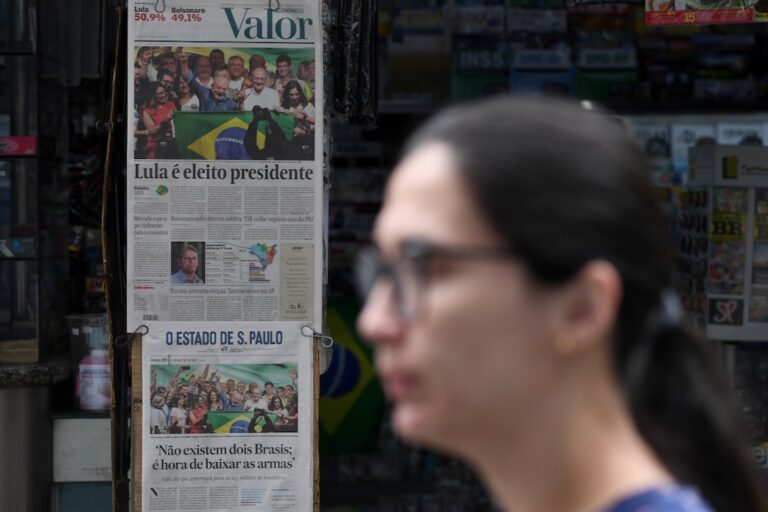In 2013, Ricardo Fraga was forbidden by a Brazilian court to use social networks to protest against the construction of three residential buildings. ARTICLE 19 has launched the campaign #FragaQuerPostar to bring an end to the censorship.
This statement was originally published on article19.org on 6 March 2015.
Ricardo Fraga was forbidden by a Brazilian court to use social networks to protest against the construction of three residential buildings.
On Friday 6 March 2015 ARTICLE 19 South America is holding a public demonstration to mark the second anniversary of the censorship of Ricardo Fraga, a Brazilian public employee and political activist.
The organisation has launched the campaign #FragaQuerPostar (#FragaWantsToPost) to highlight his case, and bring an end to the censorship.
Fraga was the leader of a movement called “O Outro Lado do Muro” (The Other Side of The Wall), which promoted peaceful protests against the construction of three residential buildings in Fraga’s neighbourhood, in São Paulo. The movement alleged that the constructions were harmful to the environment. It also intended to promote a more open debate over the urban space.
The company responsible for the constructions, Mofarrej Empreendimentos, objected to the protests and went to court in order to stop Fraga’s movement. As a result, on March 6, 2013, Fraga was told by a court he was not allowed to take part in any protest within 1km of the construction site, and was also forbidden to mention the name of the company and the buildings on the internet. In other words, he was censored.
The sentence was clearly a serious violation to the right of freedom of expression, and, immediately, ARTICLE 19 South America started to cover the case.
“Fraga’s conviction is one of the first cases registered in Brazil of the censorship of online protests. It sets a very serious legal precedent, and can be used to silence other activists in the future,” said Camila Marques, ARTICLE 19 South America’s lawyer who has been supporting Fraga.
“According to international principles, restrictions to freedom of expression are only legitimate when there is a very strong social need, and the measure chosen should be the least coercive available. That is clearly not the case with Ricardo Fraga,” she added.
Read more on #FragaQuerPostear and read a Q&A on his case.


